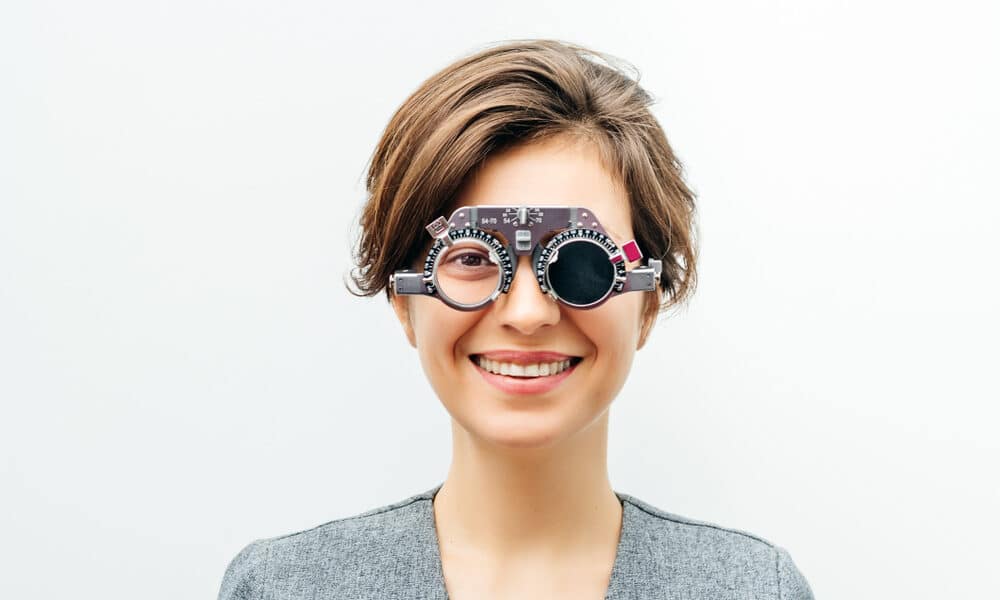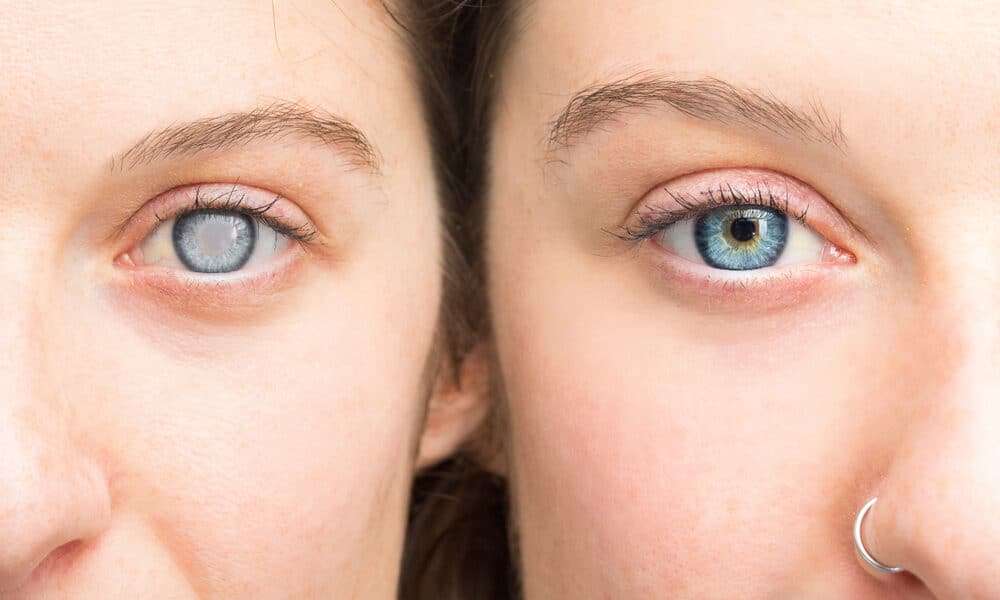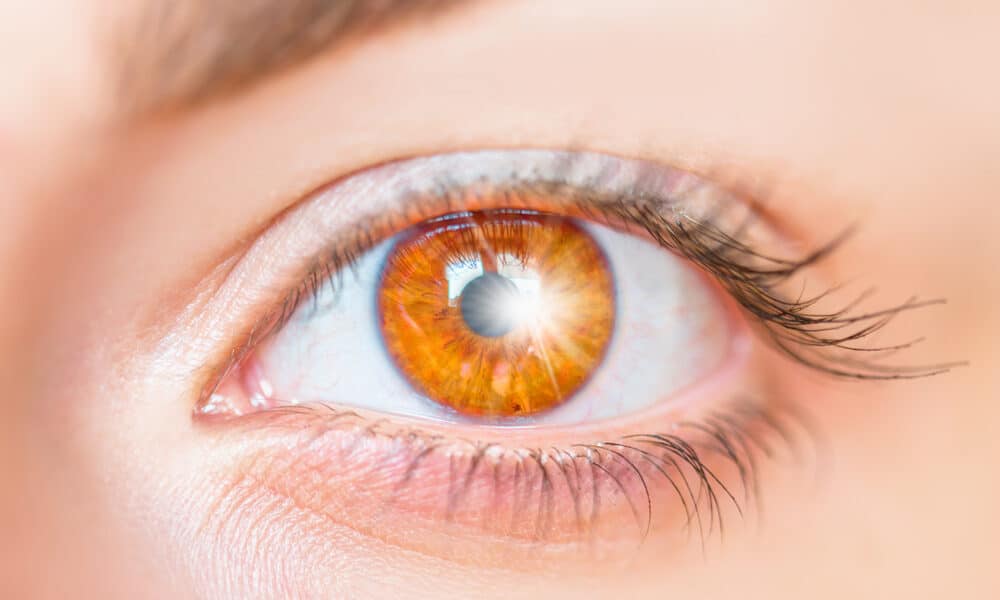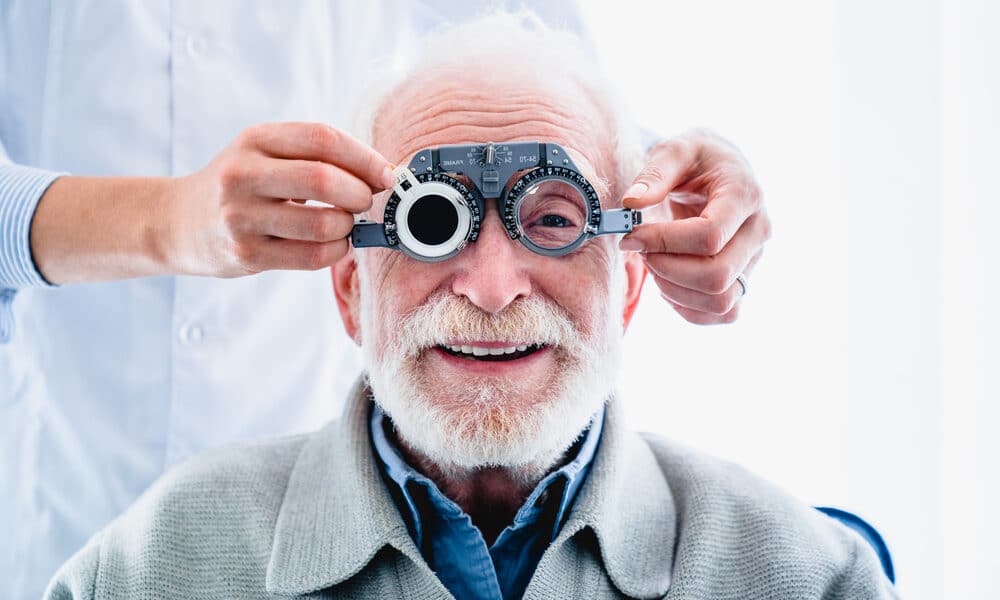Justin Stanek
Top Causes for Blurry Vision in One Eye & What to Do
Blurred vision is a fairly common condition that usually doesn’t require urgent medical care. That being said, any type of blurry vision, be it sudden or constant, could be a sign of a life-threatening condition. Whenever you have any vision problems, you should have your eyes looked at by a professional. What Causes Blurry Vision in One Eye? Blurry vision
Can Amblyopia (Lazy Eye) Be Treated in Adults?
While many occurrences of amblyopia occur in children, many adults who suffer from lazy eye can be treated. Amblyopia is commonly associated with childhood eye conditions. Amblyopia can have negative implications on someone’s confidence, athletics, academics, or career, but individuals with the condition are now discovering that vision therapy may be an effective cure. At the Michigan Eye Institute, our
What Happens if Cataracts Go Untreated?
A cataract is when a cloudy or opaque lens develops on one or both of your eyes. This cloudiness obstructs light from passing through, which can make your vision blurry, similar to looking through a foggy window. Cataracts are a degenerative condition that will get worse over time if left untreated. This condition affects a significant amount of people, especially
Flashing Lights in Eye: Top Causes & When to See a Doctor
Is It Normal to See Flashes of Light in the Corner of Your Eye? Seeing occasional flashing lights in your eyes usually isn’t a serious problem. But repeated flashes in the form of bright spots, streaks of lightning, or shooting stars in the corner of your eye, or a sudden increase in floaters, can indicate a serious medical condition. If
Everything You Need to Know About Cataract Surgery Post-Op Care & Recovery
Cataract surgery is one of the most common and successful surgeries performed in the United States. Most people do not experience complications and can enjoy clear vision within a couple of weeks. There should be little to no discomfort during your recovery period. During cataract surgery, a small incision is made in the front of your eye so your eye
Everything You Need To Know About Eye Twitching
Why Is My Eye Twitching? Eye twitching is an involuntary blinking of your eye. It can range from a mild annoyance to a persistent disturbance. While this condition is typically harmless, it’s important to understand the reasoning behind your eye twitching in case there is an underlying issue at play. Keep reading this guide for everything you need to know
What Is the Best Age to Get LASIK?
When it comes to LASIK, age plays a role. That’s because your eye prescription frequently changes throughout the early years of your life. Therefore, undergoing a procedure when your eyes have not fully stabilized is counterintuitive. If you’re wondering about the best age to get LASIK, this guide by the Michigan Eye Institute is here to help. Keep reading to
Can Cataracts Come Back After Surgery?
As we age, our eyes go through changes that occur naturally. One of those changes can be the development of a cataract, a condition that impairs vision. According to the National Eye Institute (NEI), cataracts affect more than half of all Americans aged 80 or older. Luckily, cataract patients have surgical options that can fully rid them of the visual
Preventing & Diagnosing Ocular Migraine
Are you experiencing headaches accompanied by vision loss or blind spots? This could be an ocular migraine, also known as retinal migraine. These are rare occurrences and typically only happen in one eye. However, if you’re experiencing them in both eyes, you should seek immediate treatment. The vision issues associated with ocular migraines usually only last about an hour or











